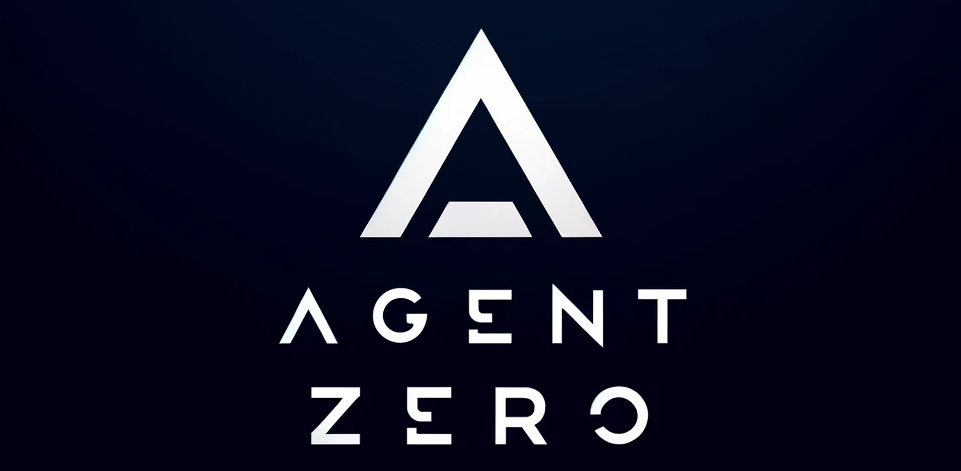agent zero
Basic Information
Agent Zero is an open source personal, organic agentic framework designed to grow and learn with its user. It provides a general-purpose assistant that can accept high-level tasks, gather information, execute commands and code, and cooperate with subordinate and superior agent instances. The framework treats the computer and operating system as tools the agent can use, and it stores persistent memory so agents learn from past solutions. The core behavior is prompt-driven and fully transparent; prompts and templates live in a prompts folder and default tools are in a python/tools folder so users can inspect and modify every component. The project is distributed as a Dockerized application with a streamed terminal and web UI, optional speech-to-text and text-to-speech, and support for external model providers and multi-instance communication.








